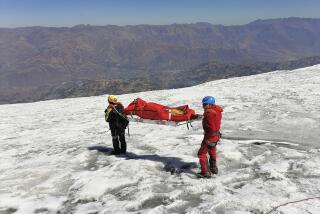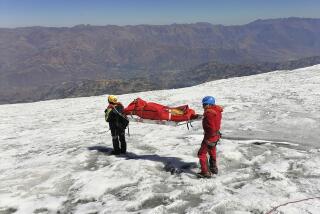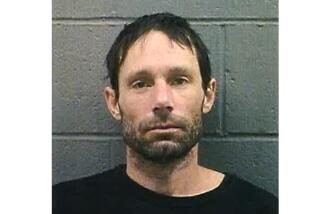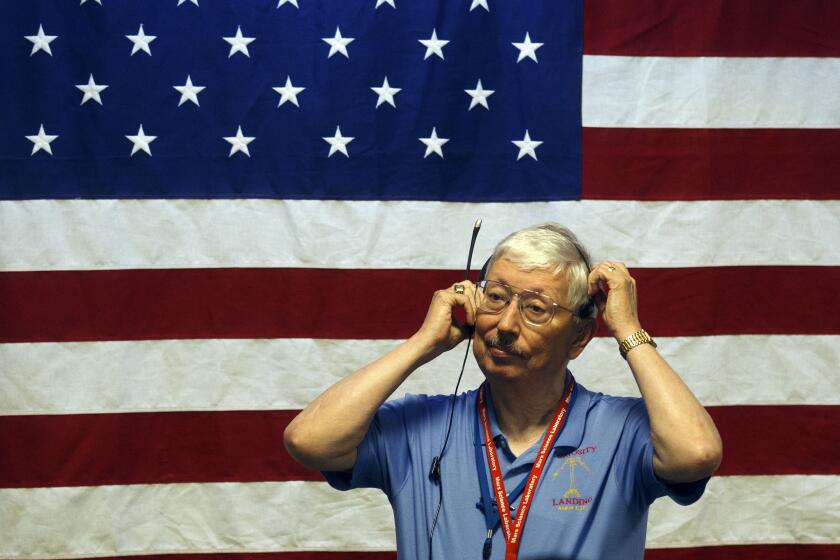George Whitmore, legendary El Capitan climber, dies at 89
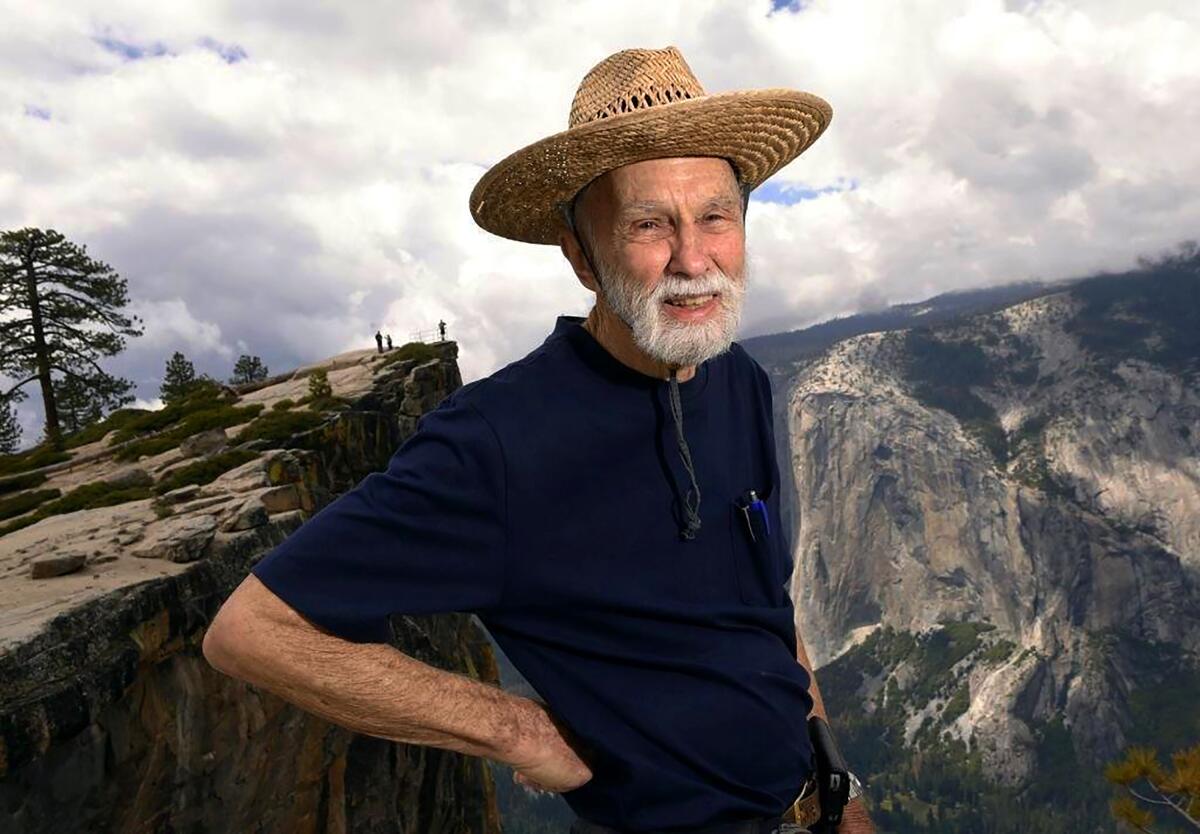
George Whitmore, a member of the first team of climbers to scale El Capitan in Yosemite National Park and a conservationist who devoted his life to protecting the Sierra Nevada, has died at age 89.
Whitmore died on New Year’s Day of complications from COVID-19, said his wife, Nancy. She said that Whitmore, a cancer survivor, was extremely careful about wearing a mask and that his family doesn’t know where he contracted the coronavirus. He tested positive Dec. 13, after developing a rattling but occasional cough and subsequent fever.
Whitmore died in a Fresno rehabilitation facility from damage to his lungs about a week after being released from a hospital, his wife said.
Friends, family, colleagues and fellow climbers mourned the passing of a legend in the world of rock climbing and the last surviving member of the trio that was the first to reach the top of El Capitan on Nov. 12, 1958. Ascending the 3,000-foot sheer granite rock wall that now attracts climbers from around the world was, at the time, a feat considered out of human reach.
In 2008, Whitmore gathered with climbers from around the world at Yosemite to celebrate the 50th anniversary of his ascent with Warren Harding and Wayne Merry. Harding died in 2002 and Merry in 2019.
Whitmore, then 77, said they didn’t realize at the the time “how special” their climb of the rock formation would be.
“They were kind of inventing the sport of big wall rock climbing,“ said Daniel Duane, author of “El Capitan: Historic Feats and Radical Routes.”
El Capitan now has dozens of routes, scaled by some in fewer than three hours. But at the time, it seemed “utterly outside the bounds of the possible,” Duane said. Whitmore and his team plotted a path that came to be known as “The Nose.”
“They created this kind of pilgrimage path in the sky that, to this day, every climber on Earth wants to someday walk,” Duane said.
In interviews over the years, Whitmore spoke of his ascent with humility. Mountain climbing was a lifelong passion, but he often said he considered his work in conservation to be his greatest accomplishment.
A pharmacist by trade, Whitmore retired in the 1970s to focus on conservation, his wife said. He was involved with the Sierra Club in local, state and national capacities, including serving as a chairman of the Tehipite Chapter based in Fresno.
It was during a Sierra Club outing in the 1970s that he met his wife, who was impressed with his knowledge and intellect.
“I was like, wow, this guy is impressive,” she said. They married in 1979.
“He was passionate about saving California wilderness,” she said. “He was a constant salesman, not for himself but for the forest and the wilderness.”
Whitmore helped establish the Kaiser Wilderness in 1976 and the California Wilderness Act of 1984, which added 1.8 million acres into the National Wilderness Preservation System. He helped protect lakes and block dam projects and highways and also helped prevent Walt Disney Co. from developing a proposed ski resort at Mineral King in the 1960s and ’70s. It was stopped after sustained opposition by the Sierra Club and other preservationists, and the valley subsequently became part of Sequoia National Park.
“A lot of times what it takes is someone like George who sticks to his guns and doesn’t back down from a fight that he knows is the right thing to do,” said Gary Lasky, current chairman of the Sierra Club’s Tehipite Chapter.
Lasky recalled Whitmore as a dignified man who was modest about his achievements but also tenacious and deliberate; he was able to see both the big picture and focus on crucial details, skills that served him as an environmentalist and a climber.
“He never bragged. He is a man of a few words. He would think and then speak,” Lasky said. “He was very gracious to everyone. He was beloved.”
Whitmore actively attended Sierra Club meetings until the pandemic started and the meetings went online, his wife said.
More to Read
Start your day right
Sign up for Essential California for the L.A. Times biggest news, features and recommendations in your inbox six days a week.
You may occasionally receive promotional content from the Los Angeles Times.
